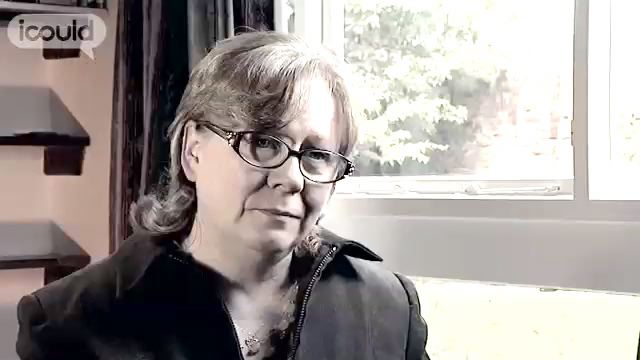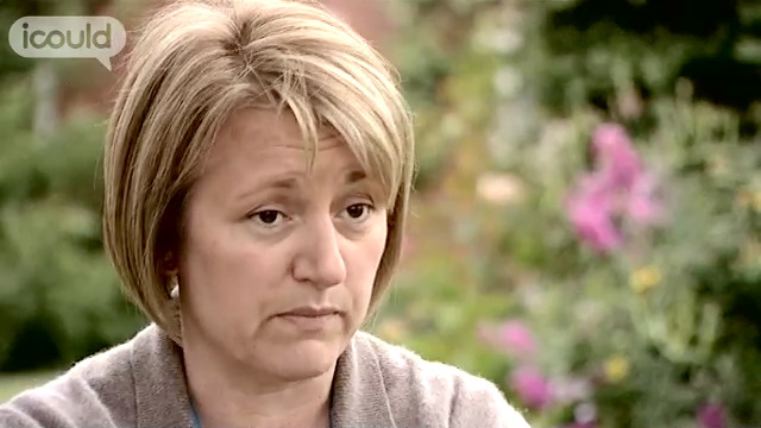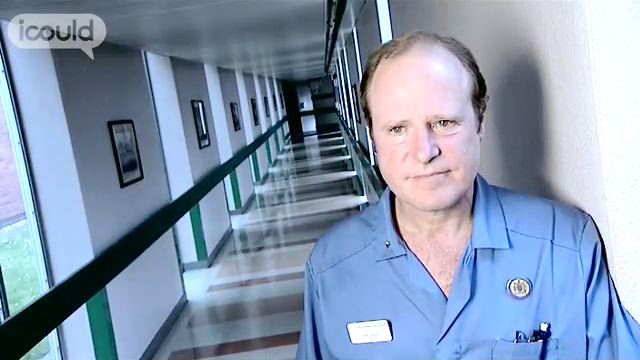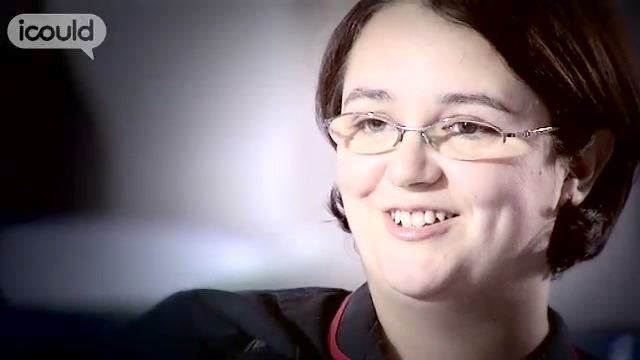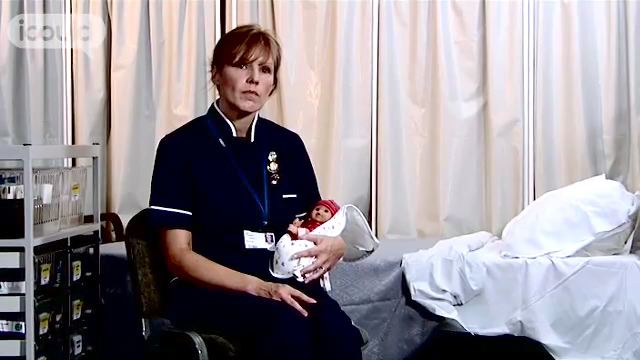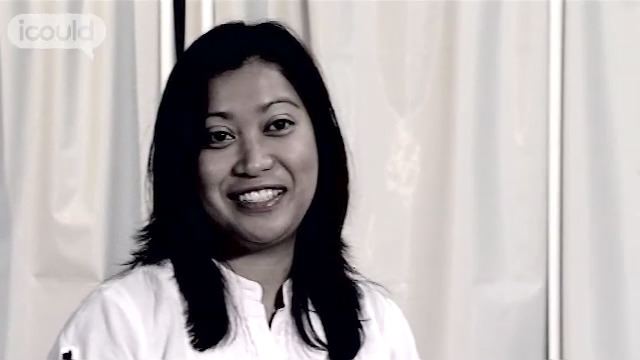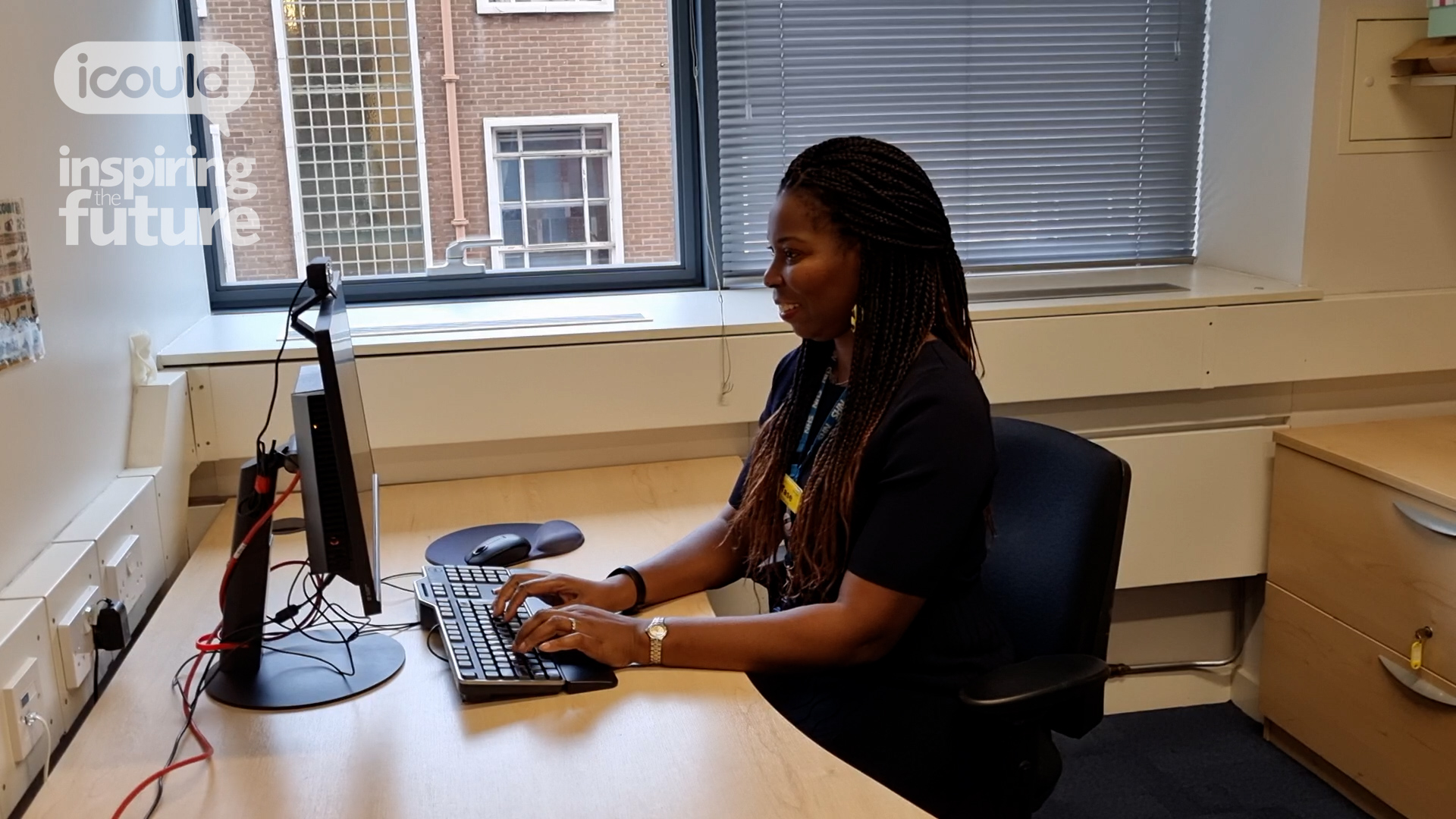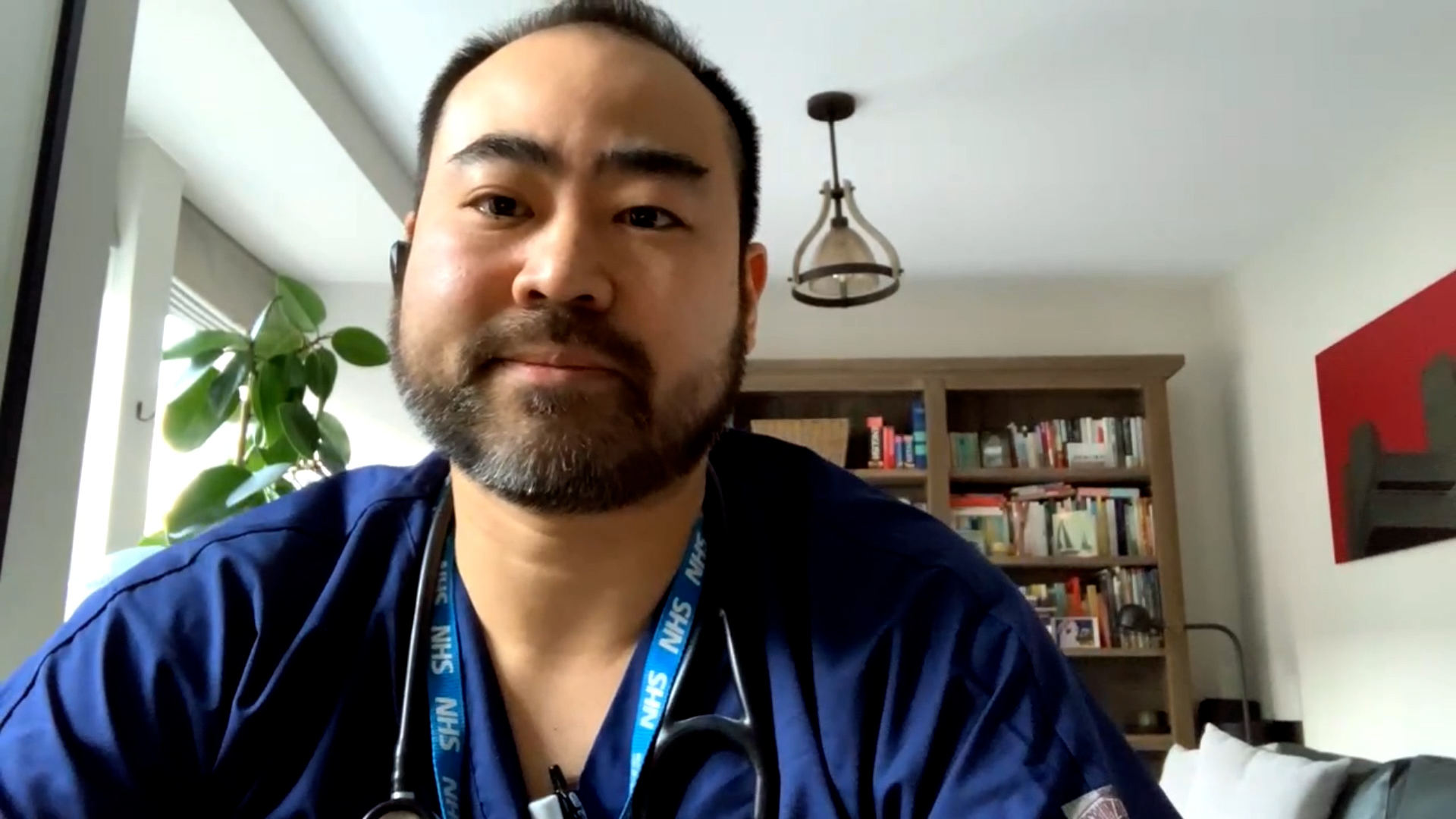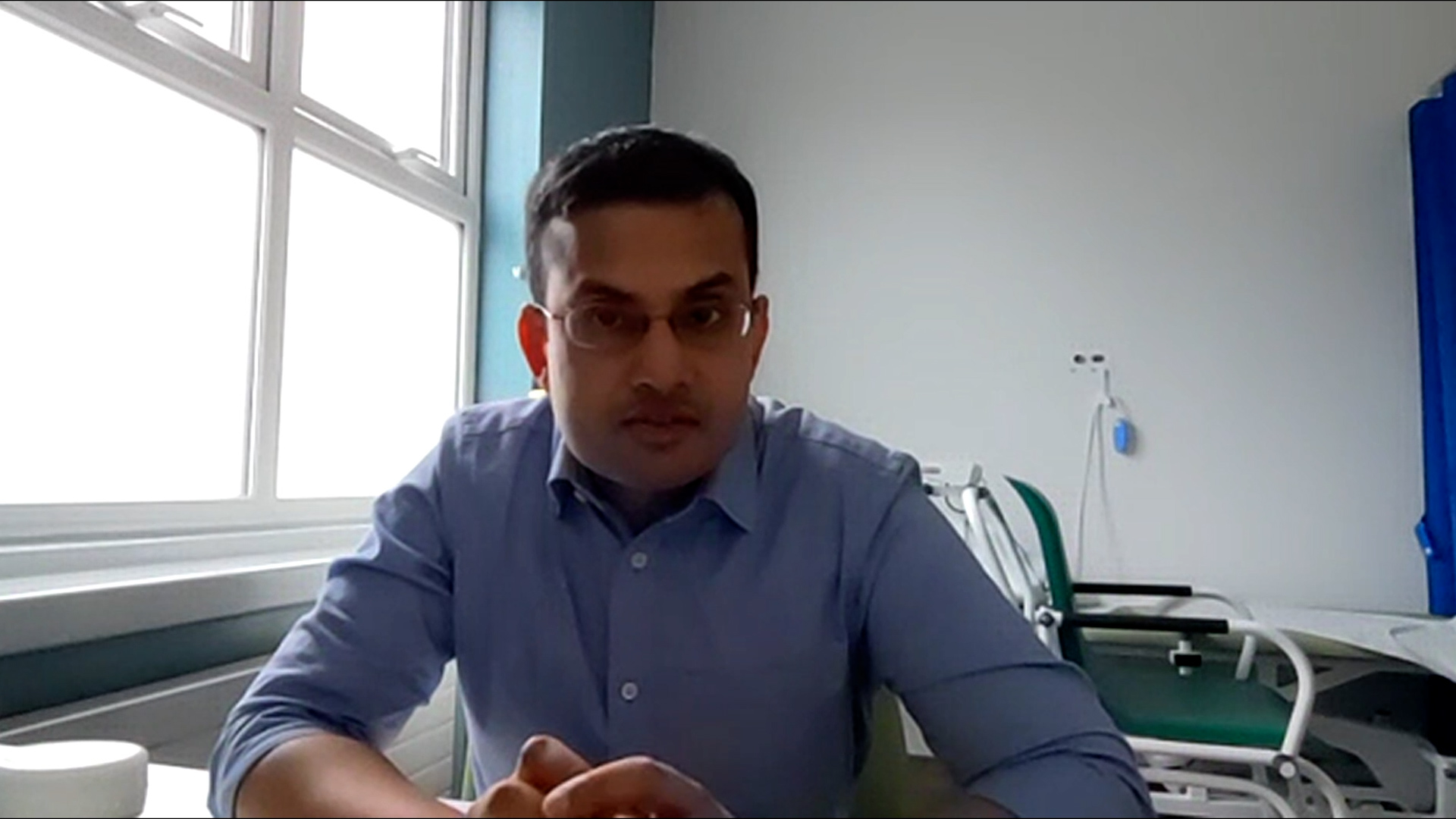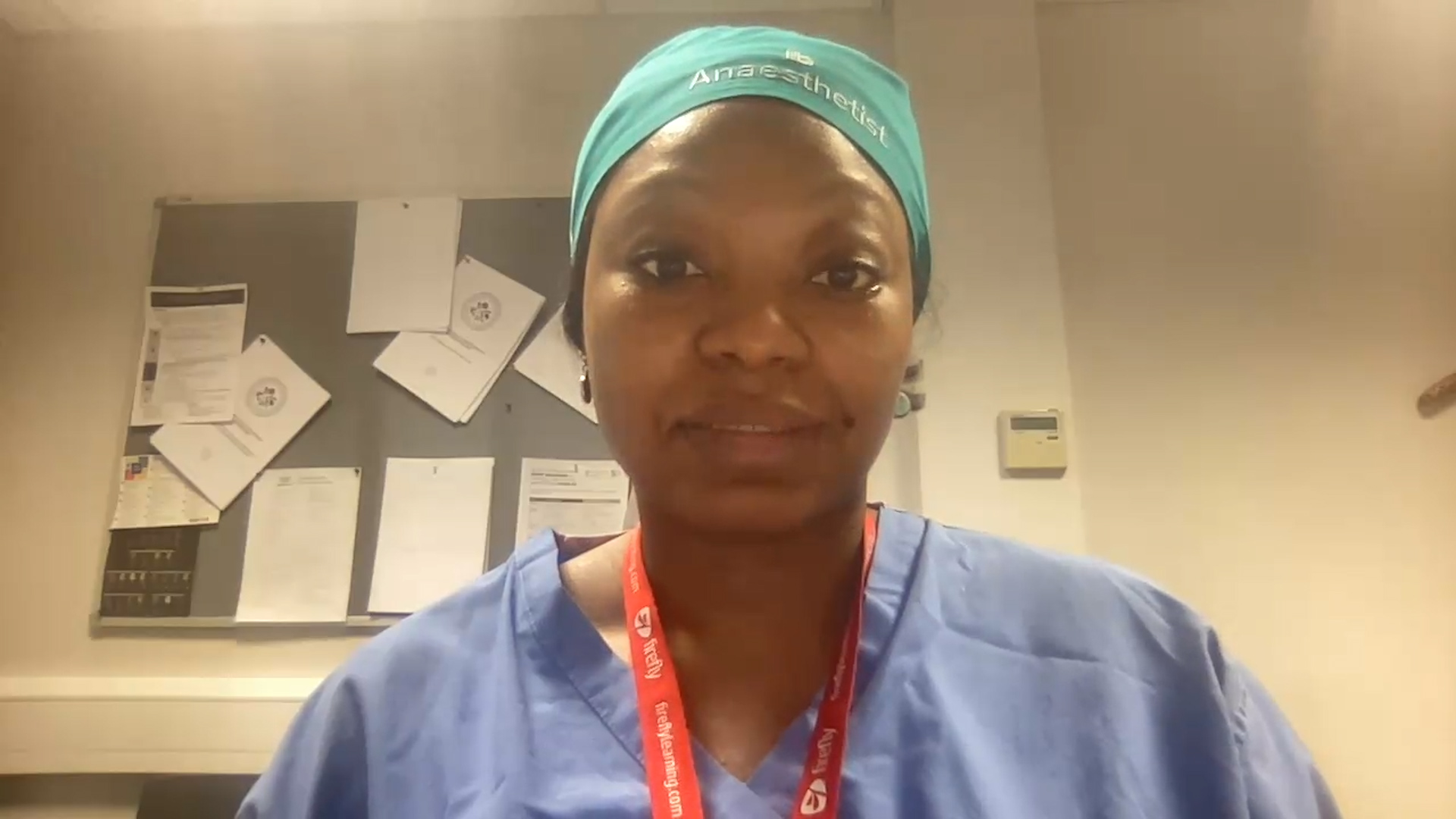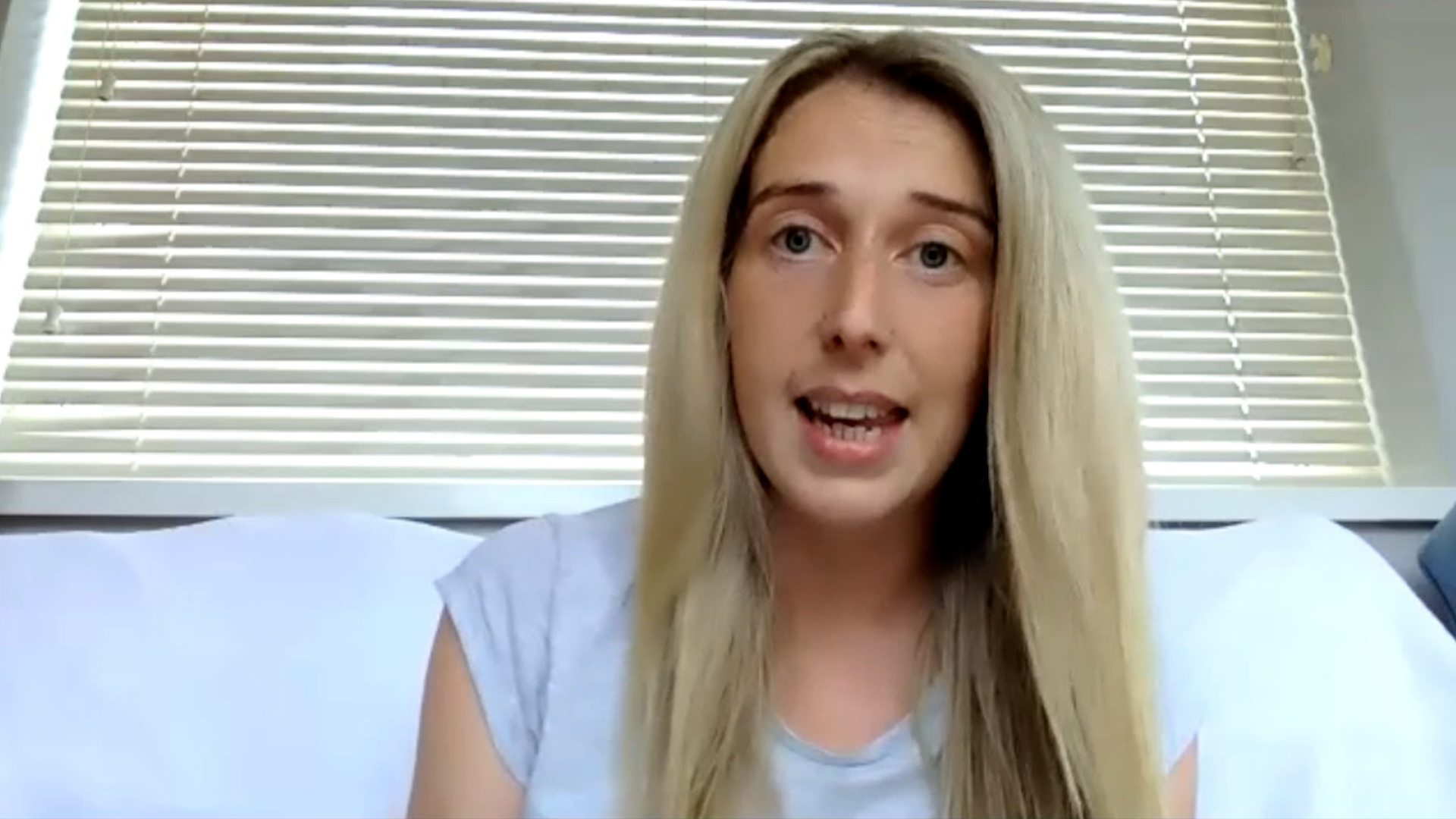Lead Nurse
Addenbrookes Hospital
Nikki R
00:00:04 I’m Nikki R and I am a Senior Nurse for the Emergency Nurse Practitioner Team in the Emergency Department, and I’m also responsible for primary care and the out of hours services at the Emergency Department. Primary care is the GP service, so those patients that will turn up at their GPs, but out of hours, they’ll come through the Emergency Department.
00:00:28 I’ve been in the profession for twenty-seven years. I started as a summer job. I worked at the age of sixteen in a local age care facility. And then went through college, and after a year of college, I didn’t really want to stay on. It just wasn’t my thing, I was into the Jam and Paul Weller and music and I felt that I just wanted to experience things outside of where I had grown up.
00:00:55 I did my three year nurse training, and qualified as a Registered General Nurse, my speciality I chose was Accident and Emergency. What really inspired me was just the way people solve problems, the way things were right outside the box and I just thought yes, I think this’ll be all right, I can stay here.
00:01:16 I would say that I am a bit of an adrenaline junkie, but also I like dynamic process, I like things moving fast, and I like thinking on my feet, and the challenge, I’m very keen for a challenge. And it continues. My – I mean we emigrate to Australia in three weeks’ time.
00:01:32 I’ve never had a plan, I don’t even have a plan now. I just know that we’re going to be in Brisbane on the 30th of August. I have no idea what I’m going to do when I get there, but I’m sure I’ll come up with something. I have an idea of what I could do, but that’s the whole thing about working in this field and having this qualification, is that you can pick up and move on elsewhere with it, and carry on working.
00:01:57 I have had some very good role models that has supported me and pushed me forward. I had a Sister that I watched, and I remember telling her that she was my inspiration, and she was horrified! She said I can’t believe that I made you. My friends at sixteen at college would be surprised to see that I’ve – I’ve got the qualifications. I’ve done certain things to get where I am, and that would surprise them, but I think my life choice probably – the travelling and that – I don’t think that would surprise them too much, no.
00:02:30 No I haven’t regretted doing nursing. I’ve been saddened at times by patients not receiving the right care, not having time to care for patients, but the actual nursing, I don’t know what I would have done, because it was a very good choice for me. It allowed me to travel the world, I mean we’re all in Australia on my visa so it’s, you know, on the back of me that me and my family are there, because of my nursing. The most important thing I think I’ve learnt through nursing is never ever believe you’ve seen it all, and never ever take what’s assumed. I’ve been in emergency departments now for twenty odd years nearly, and I’ve never seen it all.
00;03:11 ENDS
Nikki R is a Senior Nurse in Accident and Emergency. She is about to emigrate to Australia, “I’ve never had a plan, I don’t even have a plan now. I just know that we are going to be in Brisbane on the 30th August. I have no idea what I’m going to do when I get there, but I’m sure I’ll come up with something.”
More information about Nurses
The UK average salary is £29,813
There are 37.5 hours in the average working week
The UK workforce is 47% female and 53% male
Future employment
- Assists medical doctors and works with other healthcare professionals to deal with emergencies and pre-planned treatment of patients;
- Manages own case load;
- Monitors patient’s progress, administers drugs and medicines, applies surgical dressings and gives other forms of treatment;
- Participates in the preparation for physical and psychological treatment of mentally ill patients;
- Plans duty rotas and organises and directs the work and training of ward and theatre nursing staff;
- Advises on nursing care, disease prevention, nutrition, etc. and liaises with hospital board/ management on issues concerning nursing policy;
- Plans, manages, provides and evaluates nursing care services for patients, supervises the implementation of nursing care plans;
- Delivers lectures and other forms of formal training relating to nursing practice.
